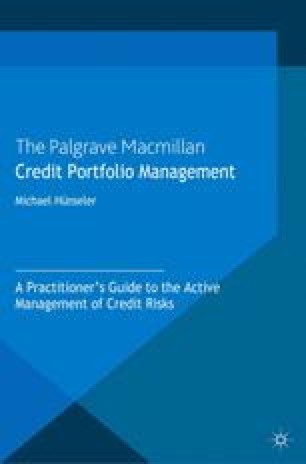

The ZRE solution is the leading application for assessing accurate ECLs using full point-in-time credit measures and is implemented jointly with the banks we work with. In addition, ZRE is implemented across DBS' Risk/Finance architecture to support their Regulatory Capital calculations. The case study highlights our joint implementation of an integrated, Python micro-services architecture that supports IFRS9 and Stress testing for DBS' corporate and commercial credit portfolios. The attached ZRE case study developed jointly with DBS Bank in Singapore, summarises the ZRE implementation at the bank over the last few years. The Z-Risk Engine solution supports accurate IFRS9 and Stress Testing and we are currently developing a climate stress test module. #creditrisk #climatechange #climaterisk #sustainability #stresstesting #climate #creditmodels We look forward to presenting these three papers in Barcelona on Wednesday afternoon as an Associate Sponsor for the RiskMinds International, conference. Uncertainty dominates current climate credit risk modelling, and our preliminary research applies an empirical credit risk portfolio approach to begin to assess these complex uncertainties and the expected increases in volatility associated with climate change. The overall approach and results directly assess the effects of unexpected shocks and detailed sectors relative to current climate stress test approaches and the approach is therefore complementary to current climate risk stress test R&D.
#Credit risk engine drivers#
Using the Z-Risk Engine solution to assess various NGFS scenarios to project future climate related credit risks, the papers present a systematic credit risk-centric perspective with detailed industry, region, and macro-economic factor drivers to assess climate credit risk uncertainty. We apply the 2022 NGFS scenario Global Mean Temperature increases through a GMT-to-Vol illustrative model to simulate future climate related credit losses to 2050 especially for ‘tail’ scenarios. Please find the link for our three Climate Change Credit Risk Triptych Papers we are publishing today at the RiskMinds International conference in Barcelona, including a short presentation summarizing the key findings of the research papers. #climaterisk #creditrisk #stresstesting #volatility #ngfsĬlimate-change scenarios require volatility effects to imply substantial credit losses: shocks drive credit risk not changes in economic trends

* Systematic shocks that impact many firms like those observed during the last three economic recessions clearly produce higher volatility and systematic deviations from average economic trends. * In contrast to the NGFS approach that focuses on changes to long-run economic growth trends, higher credit risks generally arise from unexpected economic shocks to cashflows and asset values. * While the NGFS approach is in its infancy, a number of discussion points have been raised related to how the approach assesses future credit risks. * This general climate stress test approach assesses future credit losses for individual firms and the banking system. * Led by regulators and the NGFS, early approaches apply smooth, top-down scenarios that utilize carbon emissions data combined with physical risk metrics.

* Long-run Macro-Prudential stability objectives for the banking system have recently motivated a detailed focus on potential future credit risks stemming from climate change. and Larry Forest on "Climate-change Scenarios Require Volatility Effects to Imply Substantial Credit Losses." This paper appears in the special issue of Frontiers, "Decision Making for the Net Zero Transformation: A Compendium of Best Practice," which I had the honor to be a guest editor on, and work closely with Scott. It is a pleasure to share a paper by Scott D.


 0 kommentar(er)
0 kommentar(er)
